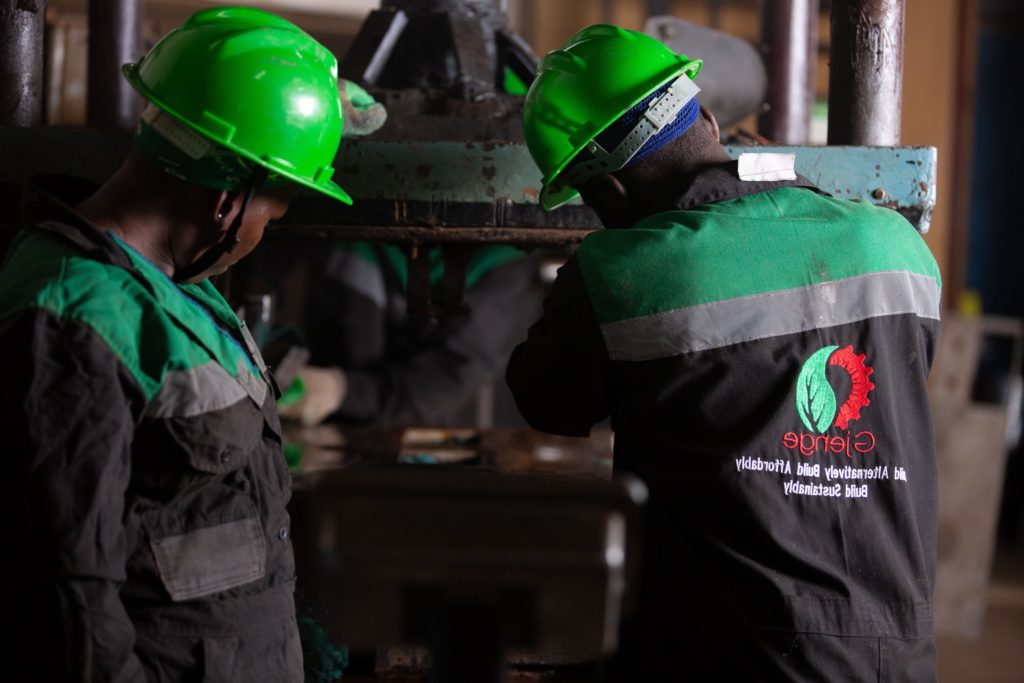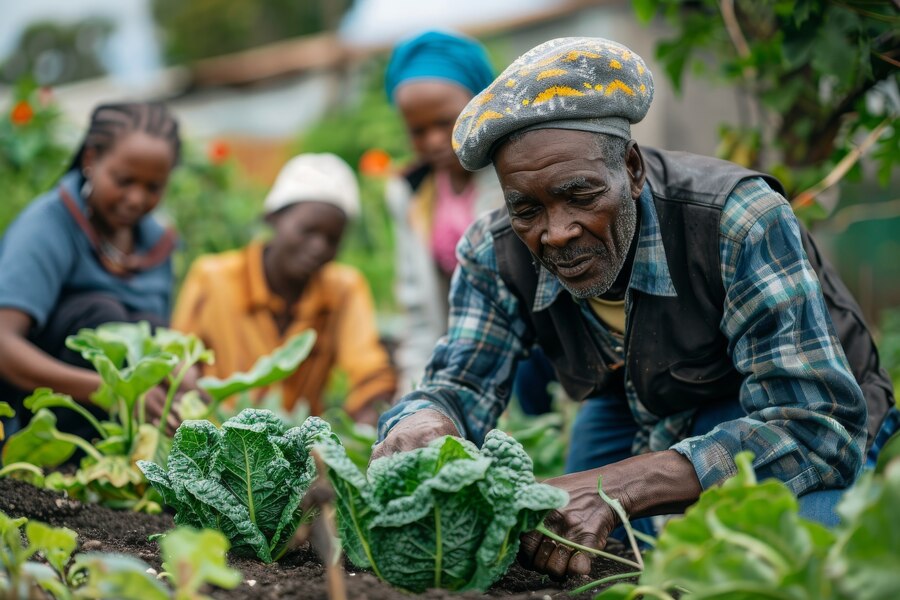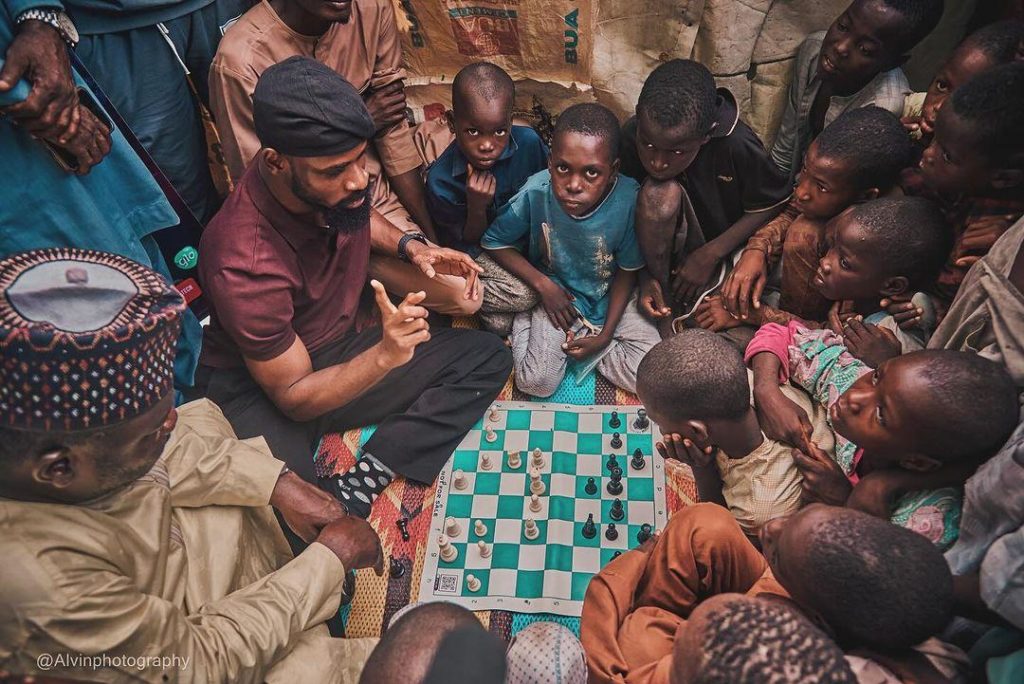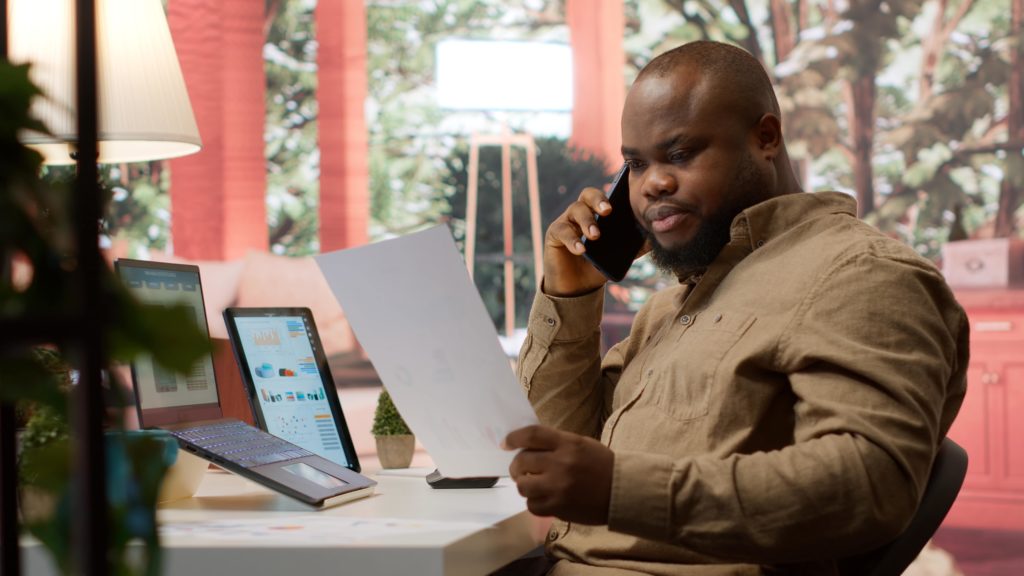In Madagascar in 2018, Matina Razafimahefa set up a company specialising in IT training. This initiative stemmed from two crucial observations: on the one hand, the inadequacy of training programmes for digital professions in Africa, and on the other, the significant gap between the skills available and the needs of companies in this field. She was only 19 at the time, and took the bold decision to launch the digital platform Sayna. Today, Sayna is one of the most promising young innovative companies on the African continent. In this edition of the Fanaka Story series, we invite you to explore this Madagascar-based technology start-up that is striving to improve the future prospects of Madagascar's youth, with a focus on teaching coding.
What is Sayna?
Sayna is a private digital school that uses gamification to offer IT training. The Madagascan edtech company specialises in training for digital professions and outsourcing IT projects. It is also positioning itself as a link between talent and the job market. Its model is inspired by Ecole 42a structure created by Xavier Niel, which offers innovative training in IT excellence, a benchmark in the field of coding training.
The Malagasy start-up's idea is to encourage generations to improve their living conditions by learning computer programming. To achieve this, its platform has deployed gamified online training. Gamification is a method based on games and their ability to capture the attention and motivation of gamers.
Over a period of 3 to 6 months, learners perfect their computer programming skills through an educational programme modelled on a video game. Once they have acquired the necessary skills (with six possible levels of proficiency), learners have the opportunity to carry out micro-tasks and paid assignments on behalf of companies. As students progress from one level to the next, their pay rates increase by 5 %. Sayna is therefore characterised by its playful, lucrative and educational nature, making these three adjectives appropriate to describe this initiative.
A business model that has evolved over time
Initially, the costs of training at Sayna were covered by the future employer. Unfortunately, not all African companies are prepared to finance the training of young learners. So we had to rethink the business model and start with competitive training fees. These are now €9.90 per month.
The concept of micro-tasks allows students to earn money even if they don't have a CV. Sayna focuses on skills. In-house projects are managed to simplify the lives of local or international customers and are invoiced at €12 per micro-task. 40 to 50 people can be mobilised per project, instead of 3 or 4, to speed up delivery. This approach has attracted a number of investors.

On 21 June 2021, a press release announced that Sayna had just received €100,000 in funding from the I&P Accélération Technologies programme. Among other things, it enabled the micro-tasking platform to set up training courses in collaboration with Holberton in Silicon Valley. In 2022, the Madagascan edtech completed a $600,000 funding round with prestigious investors including Orange Ventures and Launch Africa.
What are our ambitions for the future?
Today, Sayna has 450 people trained and in training. 90% of the start-up's graduates have been recruited on completion of their apprenticeship. Sayna also works with around sixty companies in France, Canada, Reunion Island, Australia and Madagascar. The company expects to generate sales of nearly €300,000 in 2021 and to grow by 172 % in 2022. Matina Razafimahefa plans to mobilise 3,000 active microtaskers and train 12,000 learners on its mobile game by 2024, while selling more than 257,000 IT microtasks. The start-up, which has recently established a presence in Côte d'Ivoire, is well on the way to achieving each of these objectives.
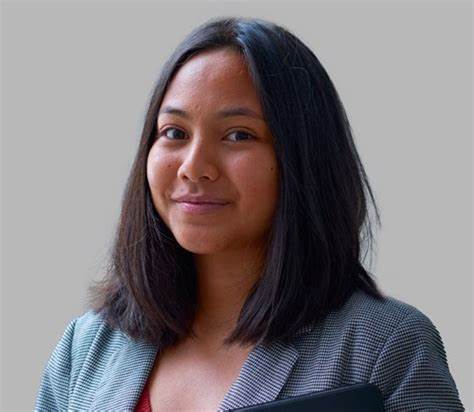
Sayna, the Madagascan company specialising in IT training, embodies a bold initiative to improve the future prospects of Madagascan youth through learning to code. Founded in 2018 by Matina Razafimahefa, it has filled a crucial gap in digital training in Madagascar and created a bridge between the skills of learners and the needs of businesses.
